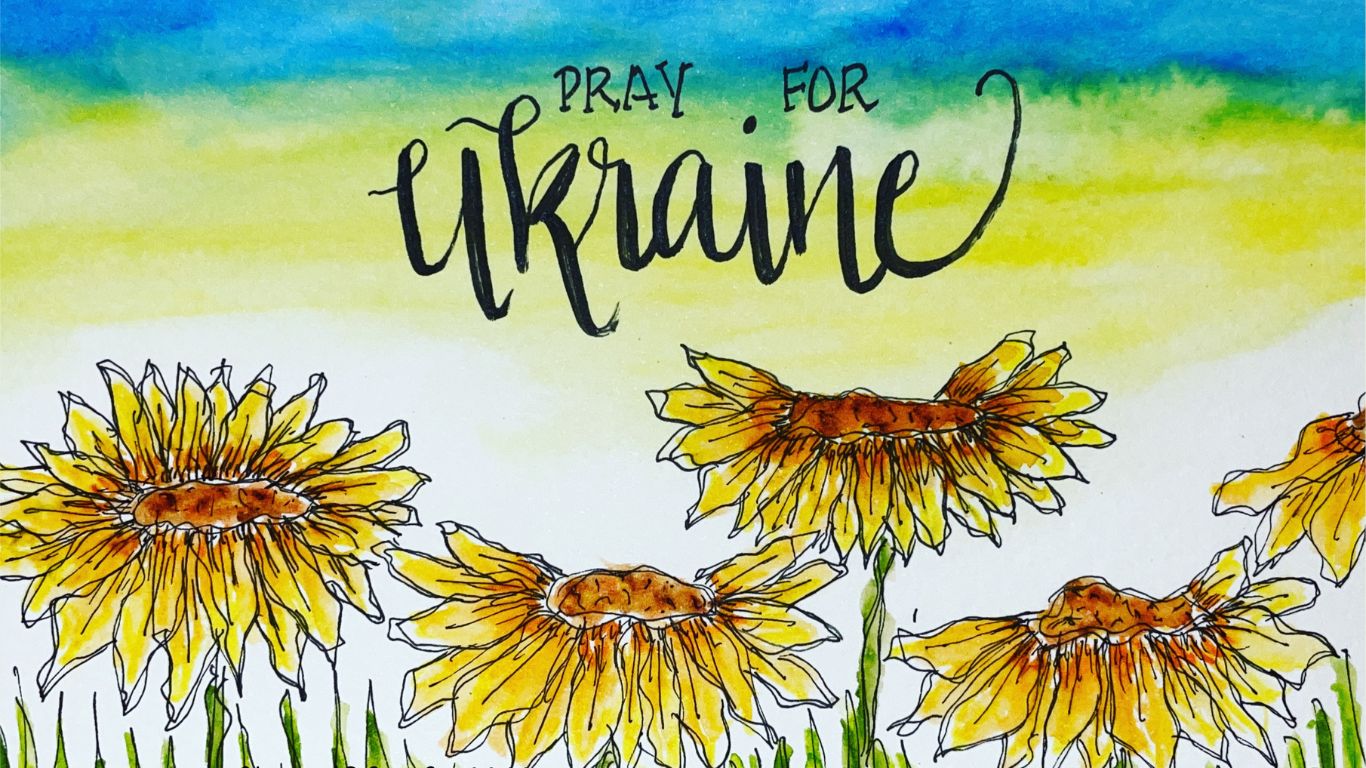The Bahá’í teachings promulgate the significance of unity and the interconnectedness of humanity. In light of recent global adversities, such as the ongoing crisis in Ukraine, these teachings can serve as a beacon of hope and solidarity. One might ponder: how can the tenets of the Bahá’í Faith galvanize a world community to support those afflicted by conflict? Conversely, what challenges persist in translating these ideals into tangible assistance for those in dire need?
At the core of Bahá’í belief rests the principle that humanity is a single entity, and that the well-being of one is intrinsically linked to the well-being of all. This tenet stands in stark contrast to divisions fostered by nationalism, ethnicity, and political allegiance. The situation in Ukraine has illuminated the dire consequences of such fissures, urging a collective response that transcends boundaries. In this context, the Bahá’í community encourages a compassionate approach grounded in empathy and understanding rather than mere sympathy.
Within Bahá’í scriptures, one finds numerous exhortations to alleviate the struggles of others. The writings of Bahá’u’lláh, the founder of the Bahá’í Faith, underscore the importance of service to humanity. This service manifests in myriad forms—from personal acts of kindness to organized community efforts aimed at providing material and spiritual support. In Ukrainian cities ravaged by conflict, local Bahá’í communities have mobilized to deliver aid, ranging from food and medical supplies to emotional support and educational resources for children displaced by the violence.
However, while the Bahá’í community is often characterized by its commitment to humanitarian principles, challenges exist that can impede effective action. For instance, one poignant dilemma revolves around the logistics of providing aid in a conflict zone. The intricacies of delivering support amidst war necessitate not only physical resources but also secure avenues for communication and transportation. Organizations inspired by Bahá’í ideals must navigate these treacherous waters, ensuring that their efforts reach those most in need without putting additional lives at risk.
Moreover, the Bahá’í emphasis on unity invites contemplation regarding the role of international cooperation in humanitarian efforts. Although many nations and organizations have extended their assistance to Ukraine, how might the ideals of unity further galvanize global stakeholders to collaborate effectively? The Bahá’í community advocates for a cooperative approach that seeks to unify diverse perspectives toward common goals. By facilitating dialogue between nations, organizations, and individuals, the Bahá’í teachings promote an environment conducive to working together, which is crucial in rallying support for Ukraine’s recovery.
Another significant challenge lies in sustaining ongoing support for Ukraine. Humanitarian efforts often encounter volatility; as conflicts evolve, the attention of global communities can wane. Bahá’í teachings emphasize perseverance and commitment, calling upon individuals to consistently engage with humanitarian crises over time. Establishing long-term plans that address both immediate and enduring needs is essential. This could involve prioritizing the education and rehabilitation of displaced populations, thereby laying the groundwork for a resilient Ukrainian society post-conflict.
Furthermore, the Bahá’í principle of consultation plays a pivotal role in fostering effective community engagement. The process of consultation encourages collective decision-making, allowing communities to harness the diverse insights of their members. In the case of supporting Ukraine, Bahá’í communities might engage in consultations to discern the most pressing needs and collaboratively devise strategies to address these challenges. By reflecting on experiences, sharing knowledge, and evaluating the impact of various initiatives, communities can ensure that their efforts remain aligned with their core values and responsive to the evolving dynamics within Ukraine.
Additionally, the Bahá’í teaching of a universal auxiliary language underscores the importance of communication in fostering understanding amongst diverse populations. As global support for Ukraine continues, the need for effective dialogue and information sharing becomes paramount. Utilizing technology to bridge linguistic divides can enhance collaboration among NGOs, governmental bodies, and community organizations, thereby amplifying the efficacy of humanitarian responses.
In conclusion, the crisis in Ukraine serves as a poignant reminder of the role that the Bahá’í teachings can play in galvanizing global support for those in need. As the world reflects on the tenets of unity, compassion, and service, it becomes clear that a multitude of avenues exist for the Bahá’í community to foster hope amid despair. Despite the challenges inherent in responding to such complex issues, the call to action remains steadfast: to embrace our shared humanity and operate collectively for the greater good. By embodying these values, individuals within the Bahá’í Faith can contribute to a narrative of resilience, demonstrating that, through cooperation and steadfast commitment, a glimmer of hope is indeed achievable in even the darkest of times.
